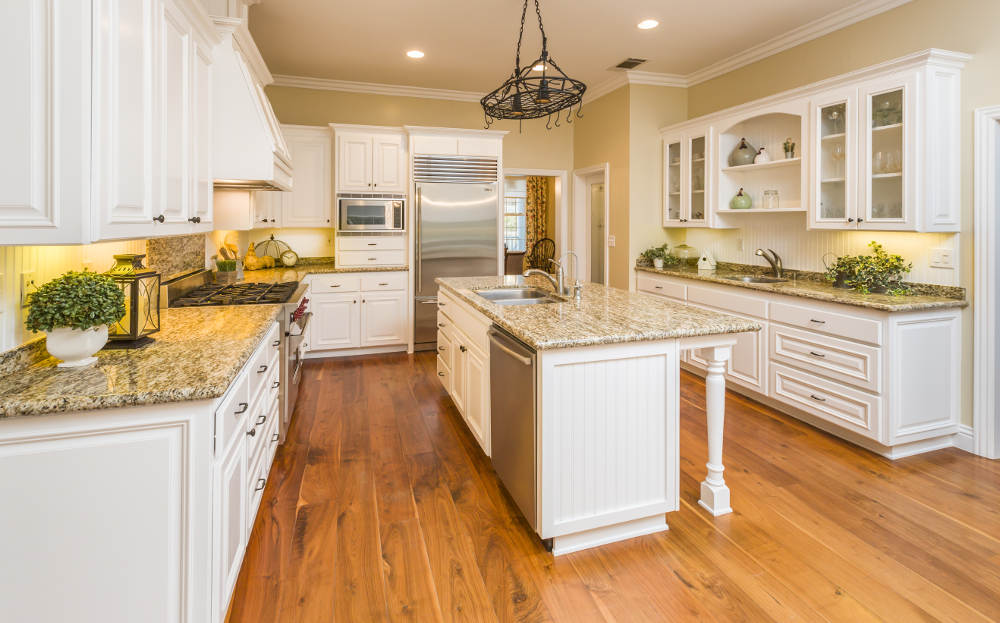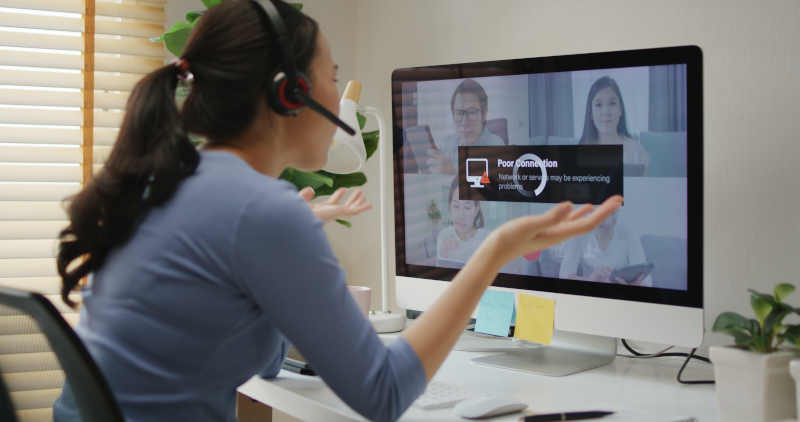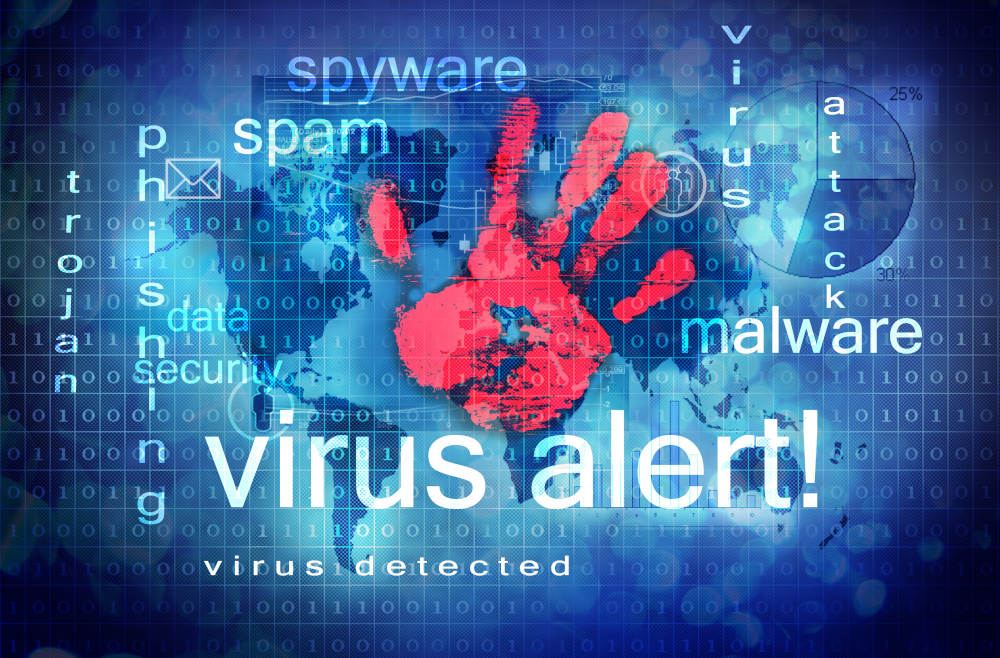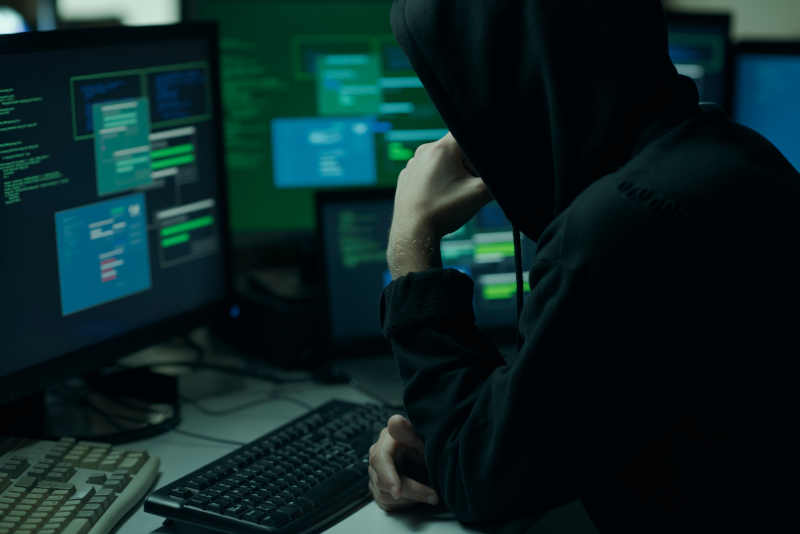If you have installed at least one smart device or appliance in your household, the chances are that your smart home automation network will continue growing as you add more devices in the future, and this implies a greater security risk. Each time you connect a new device to your home network, you are essentially adding an attack vector for hackers to exploit; for this reason, properly securing your smart home network is essential.
[su_note note_color=”#F4f4f4″]From an information security point of view, a device connected to a smart home network could be just as vulnerable as a device connected to an office network; however, the difference is that individuals are less likely to implement adequate security measures at home than in business settings. Most smart home devices can be installed on a “plug-and-play” basis; this makes them more attractive to consumers, but it also creates a security risk.[/su_note]
Ensuring Security Within Smart Home Networks
When a new device is added to a smart home automation network, it becomes part of the Internet of Things, a massive global network of connected devices that have been of great interest to malicious hackers in recent years. Devices connected to the IoT have their own IP and MAC addresses, which means that they can be indexed, scanned and located; this is the same for computers, laptops, tablets, smartphones, and wireless printers that become part of Wi-Fi networks when they connect through routers. Hackers are constantly scanning the IoT in search of devices that they can access, exploit and manipulate; one of the dangers of the IoT was exposed in 2014 when Russian hackers launched a website streaming live video feeds of private webcams installed in homes around the world. In this particular case, hackers took advantage of the known default username and password combinations of installed cameras to redirect the digital video stream, and they even obtained the GPS coordinates of the homes where the devices were installed.
The problem with unsecured smart home networks is that hackers have multiple ways to exploit them; for example, if you set up an IP camera or baby monitor to capture photos and send them to your business email address, hackers could be able to figure out where you work, and they can also determine when you are not home. The last thing you want is to let hackers control smart home devices such as remote garage door openers and digital door locks.
If you want to ensure that your smart home network is as safe as it should be, contact the networking security specialists of A Plus Computers in Apple Valley.














